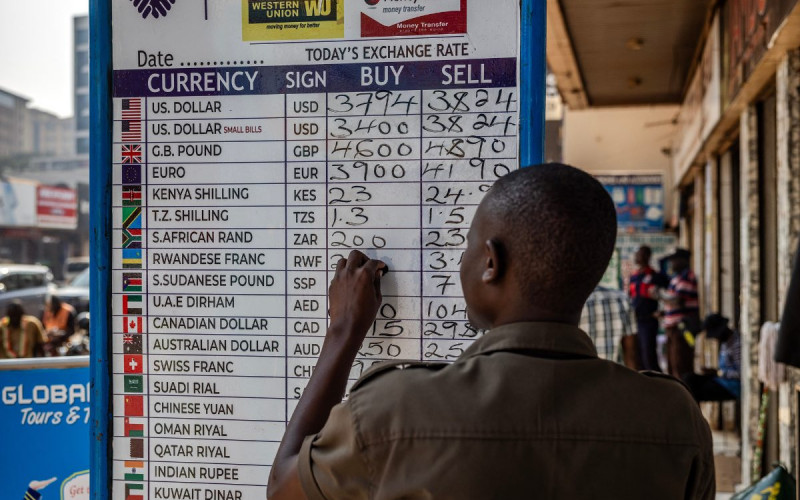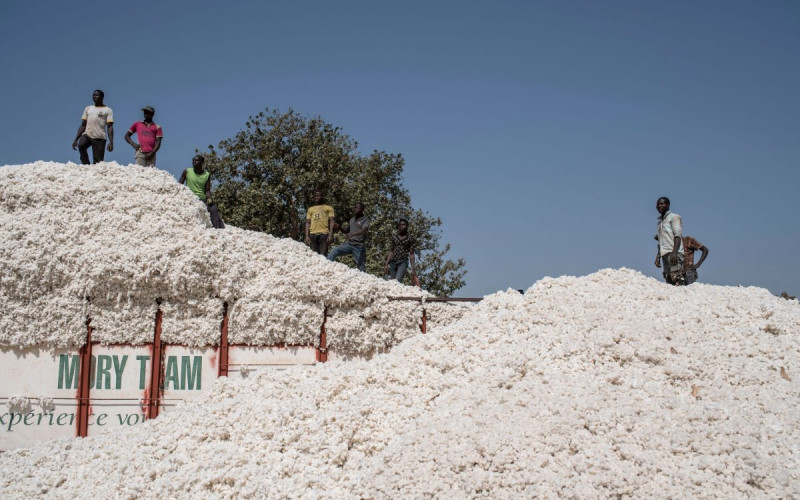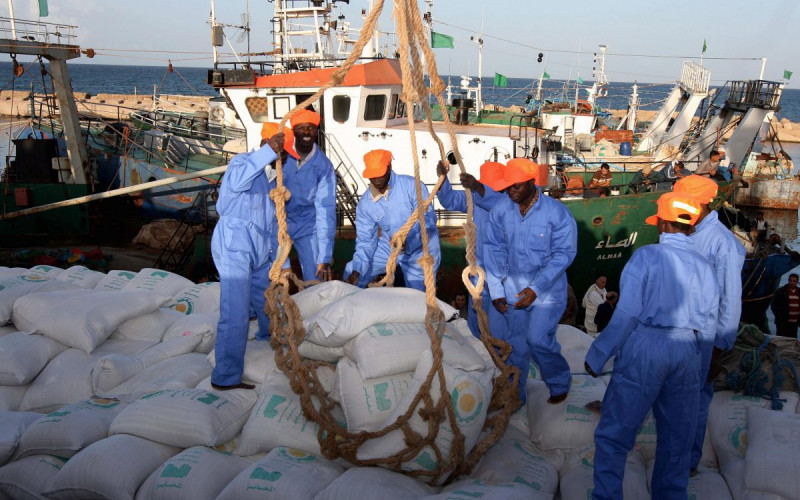Despite its distance from SA, prominent companies of South African origin have invested up to $8bn in Chile and are using it as a base for their Latin American headquarters and a springboard into the region. With a population of 16-million, Chile is a small country. Its $80bn economy is half that of SA’s.
But what makes Chile important is the progress it has made in terms of economic development and its improved reputation on the back of successful economic reforms and best practice in the realm of regional and global integration.
With a limited domestic market, Chile has recognised the need to liberalise in order to enlarge its market.
It has signed bilateral trade agreements with nearly all Latin American countries. It is an associate member of Mercosur, the common market that includes Brazil, Argentina, Paraguay and Uruguay, granting it free trade with that bloc. Chile also has trade agreements with both the US and the European Union and it is signing a spate of agreements with Asian countries including China.
In addition, Chile is an active member of multilateral trading bodies such as the World Trade Organisation (WTO) and the Asia Pacific Economic Community (Apec).
Following political transition from a military dictatorship to democracy in 1989, the combination of a transparent political system and healthy economic reforms have facilitated significant foreign direct investment and ongoing economic growth.
In 2003 Chile attracted over $3bn in foreign direct investment. SA received less than $1bn. The Chilean economy grew at an average rate of 7% annually throughout the 1990s — substantially higher than the regional average of 2,7%. Gross domestic product rose 6,1% last year.
Besides successful implementation of neo-liberal reforms, Chile has encouraged a social awareness that complements macroeconomic development in that country. The United Nations Development Programme (UNDP) Human Development Report ranks Chile in the “high level of human development” category alongside the likes of Spain, Singapore and South Korea.
Poverty levels in Chile have literally been cut in half since 1990, but inequality remains a concern. This, it is hoped, will be addressed during the next phase of reforms that will place greater emphasis on education, labour law flexibility and income taxes.
Implementing business-friendly policies in Chile have not only delivered Asian-styled growth and development but have also resulted in the country ranking among some of the most progressive on earth.
On the World Competitiveness Scoreboard for 2005 Chile was the highest-ranking developing country at 19th position, far ahead of SA (46) and Brazil (51).
Transparency International’s Corruption Perception Index for 2005 ranked Chile 21 — between Japan and Ireland — out of a possible 158 positions. SA was ranked 46, Brazil 52 and India 88.
But as Mark Venning, a South African business consultant based in Chile,
says: “Impressive data, facts and anecdotes mean precious little. It is ‘on-the-ground’ experience that truly reveals the value and advantage of doing business in Chile.”
Venning maintains that big is not always best.
A smaller, more transparent and manageable environment like Chile may be limited in immediate market size but is far less risky and offers easy access to the larger and potentially more lucrative neighbouring markets like Argentina and Brazil.
Latin America has offered tremendous opportunities and returns on investments for South African companies over the past 30 years. Look no further than Anglo American, which since 1973 have continued to build on investments in the region and in 2004 achieved record figures worldwide based largely on its returns on investments in Latin America.
The region is currently on an upward growth trajectory. Given the size and potential of the market, not to mention its proximity to SA and the various political developments that have created preferential trade and tax agreements between SA and countries in Latin America, it seems an obvious place to explore new and diverse business opportunities.
But heed the advice of experts: consider the underlying political, economic and business risk factors in advance and Chile certainly is the least risky country of them all.







